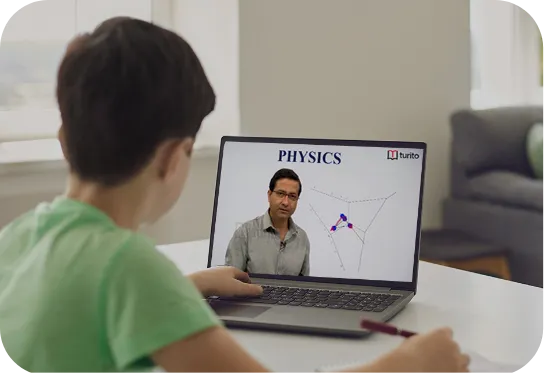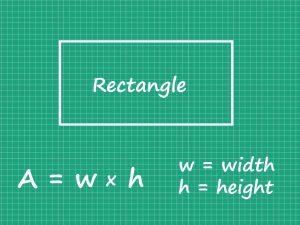English grammar is considered to have only two tenses by modern Grammarians; the present tense and the past tense. According to them, future tense does not exist because the future is not expressed by changes that are made to the form of the verb, like in the present tense and the past tense. All we are left with is a perception of a time in the future.
But interestingly, we have four tenses under the future like that under the present and the past tenses that we can use to talk about the future.
Simple future tense:
The simple future tense is:
- Used to describe actions that we think or believe will happen in the future like:
- I’m sure Joshua will get the highest marks.
- I think the Los Angeles Lakers will win the trophy.
- Used to talk about things that we cannot control. This tense expresses the future as a fact like:
- We will know our exam results on Friday.
- I shall be twenty five in December.
- The elections will take place by the end of July.
Now let us look at the structure of a sentence that is written in the simple future tense. Take the example of:
I will play football.
On breaking down the sentence, we get the following structure:
Subject(S) + will/shall + Base form of the verb(V1) + Remaining Part (RP)
More examples:
- I shall go on a trek soon.
- The tickets will be available from Monday.
- They will visit us at the weekend.
Future continuous tense:
The future continuous tense is:
- Used to talk about actions which will be in progress at a time in future like:
- I will be playing video games in the evening.
- My father will be cooking at night.
- Used to talk about actions which are already planned or which are expected to happen in the future like:
- The shop will be opening next week.
- The postman will be coming in an hour.
Now let us look at the structure of a sentence that is written in the future continuous tense. Take the example of:
I will be playing football.
On breaking down the sentence, we get the following structure:
Subject(S) + will/shall + be +ing form of the verb + Remaining Part (RP)
More examples:
- We will be going to Canada next month.
- The President will be addressing the nation in a while.
- Joseph will be organizing Sunday’s event.
Future perfect tense:
The future perfect tense is used to talk about actions that will be completed by a certain time in the future like:
- I shall have done my homework by then.
- Harry will have left for school before you go to see him.
Now let us look at the structure of a sentence that is written in the future perfect tense. Take the example of:
I will have played football.
On breaking down the sentence, we get the following structure:
Subject(S) + will/shall + have + Past participle form of the verb(V3) + Remaining Part (RP)
More examples:
- I shall have published my novel by that time.
- You will have passed out from college by May.
- By December, I will have worked here for three years.
Future perfect continuous tense:
The future perfect continuous tense is used to describe actions that will be in progress over a period of time that is bound to end in the future like:
- By this May, I shall have been staying here for fourteen years.
- I will have been teaching in this school for seven years next month.
Now let us look at the structure of a sentence that is written in the future perfect continuous tense. Take the example of:
I will have been playing football.
On breaking down the sentence, we get the following structure:
Subject(S) + will/shall + have been + ing form of the verb + Remaining Part (RP)
More examples:
- By next week, I will have been writing this novel for two months.
- They will have been working for us for six years next December.
PS: Unlike the other tenses, this tense is not very commonly used in English.
Related topics
Exploring the World of Adjectives: Types, Usage, and Examples
What are Parts of Speech? Parts of speech determine words’ grammatical and semantic position in a sentence. Activity time The parts of speech are nouns, adverbs, conjunctions, pronouns, interjections, adjectives, articles, prepositions, and verbs. Identify the parts of speech of the underlined words in the following sentences. White- Adjective Big- Adjective Exciting- Adjectives New- […]
Read More >>Memoir Writing: Basic Elements, Structures, and Types
Memoir: A memoir is a narrative written from an author’s perspective about a particular facet of his/her own life. ‘Memoir’ word comes from the French word ‘memoire’, which means ‘memory’ or ‘reminiscence’. Example Night: Elie Wiesel gives an account of how he survived his teenage years at Auschwitz and Buchenwald concentration camps during World War […]
Read More >>Identification of Main Idea in Fiction and Non-fiction
Every story or paragraph or non-fictional text has at least one main idea. The MAIN IDEA is what the text is mostly about. (It is backed up or supported by SUPPORTING DETAILS) Before discussing how to find the main idea, we shall first look at TOPIC. Can you define a topic? A topic can be […]
Read More >>Writing an Article: Structure and Essential Tips
What is an article? Structure of Article Writing : Title : Draw the attention of readers with an attractive title and indicate the main topic of the article Introduction : Attract the reader’s attention with a sentence that gives a general presentation of the topic. Main Body : Between these sentences, the body should do […]
Read More >>Other topics







Comments: